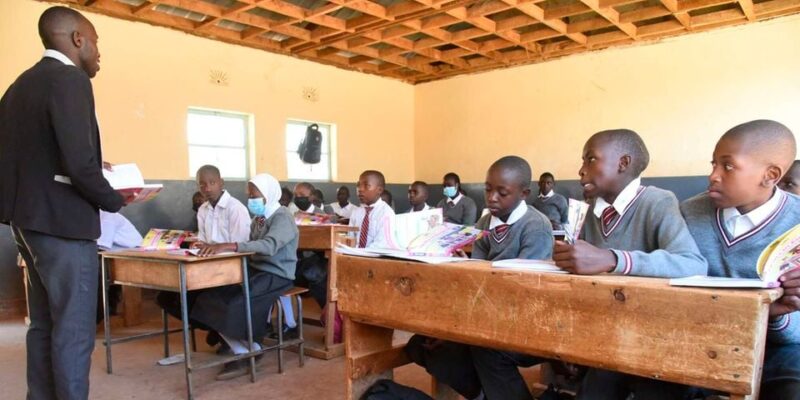The rollout of junior schools under the competency-based curriculum was meant to enhance learning. Yet, for many teachers, the experience has been marked by harassment, exploitation, and crushing workloads.
In Kwale County, teachers complain that they are routinely assigned non-teaching duties, including cooking and cleaning. One teacher in Msambweni revealed that he has been forced to take on “kitchen duty” every Monday since the year began. Attempts to raise concerns reportedly led to threats from administrators.
Such cases, according to KEJUSTA national chairperson James Odhiambo, point to a wider crisis of disrespect and poor management. “This is a national crisis. Teachers need dignity and respect at the workplace,” he said. He warned that introducing comprehensive schools would worsen the confusion between head teachers and junior school staff.
Teachers also complain of being overworked, with some handling up to 40 lessons per week. This leaves no time for rest or lesson preparation, compromising curriculum delivery. Leonard Oronje, KUPPET’s Kwale executive secretary, said this situation violates labor fairness and undermines quality education.
Another grievance is the reliance on commercial examinations. Teachers argue these tests, pushed by head teachers, are expensive, disrupt teaching time, and focus on competition rather than competency-based learning. They propose that only end-term exams be mandatory, while mid-term assessments should remain under the control of junior school teachers.
The shortage of teachers exacerbates the crisis. Many schools, particularly single-stream ones, operate with only one or two teachers, forcing them to cover multiple subjects outside their expertise. This not only burdens educators but also denies learners specialized instruction.
Resources are another major concern. Junior schools often lack functional laboratories, libraries, or even enough desks. In Bungoma, KEJUSTA official Ladyisar Simiyu said funds allocated to schools are not adequately directed toward junior sections, leaving co-curricular activities like drama, music, and sports neglected.
Teachers believe that autonomy is the solution. With separate administration and budgets, junior schools could allocate resources directly to their needs, employ subject specialists, and properly support learners.
For now, demonstrations, petitions, and union pressure continue. If unaddressed, unions such as KUPPET warn that the frustrations could spill into legal battles, with the High Court being the next frontier.





